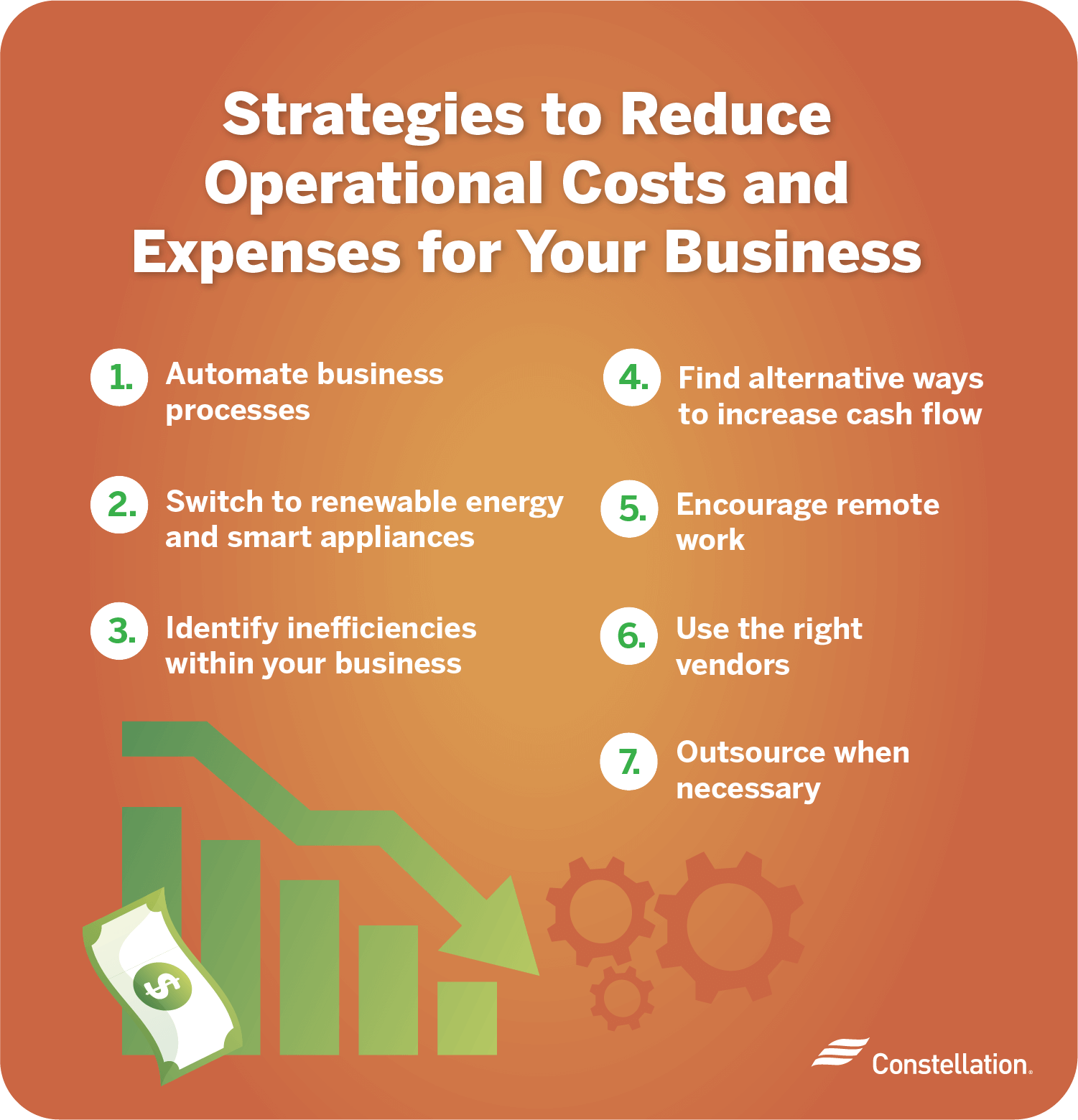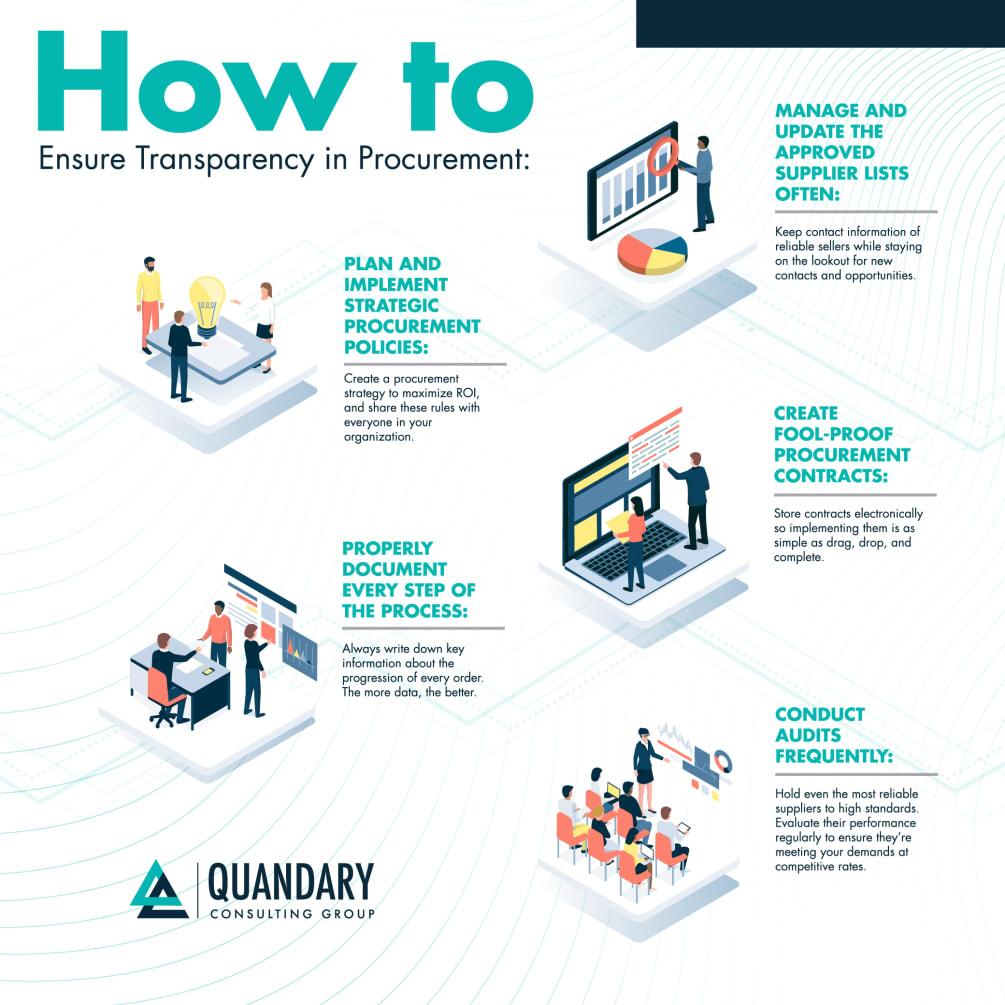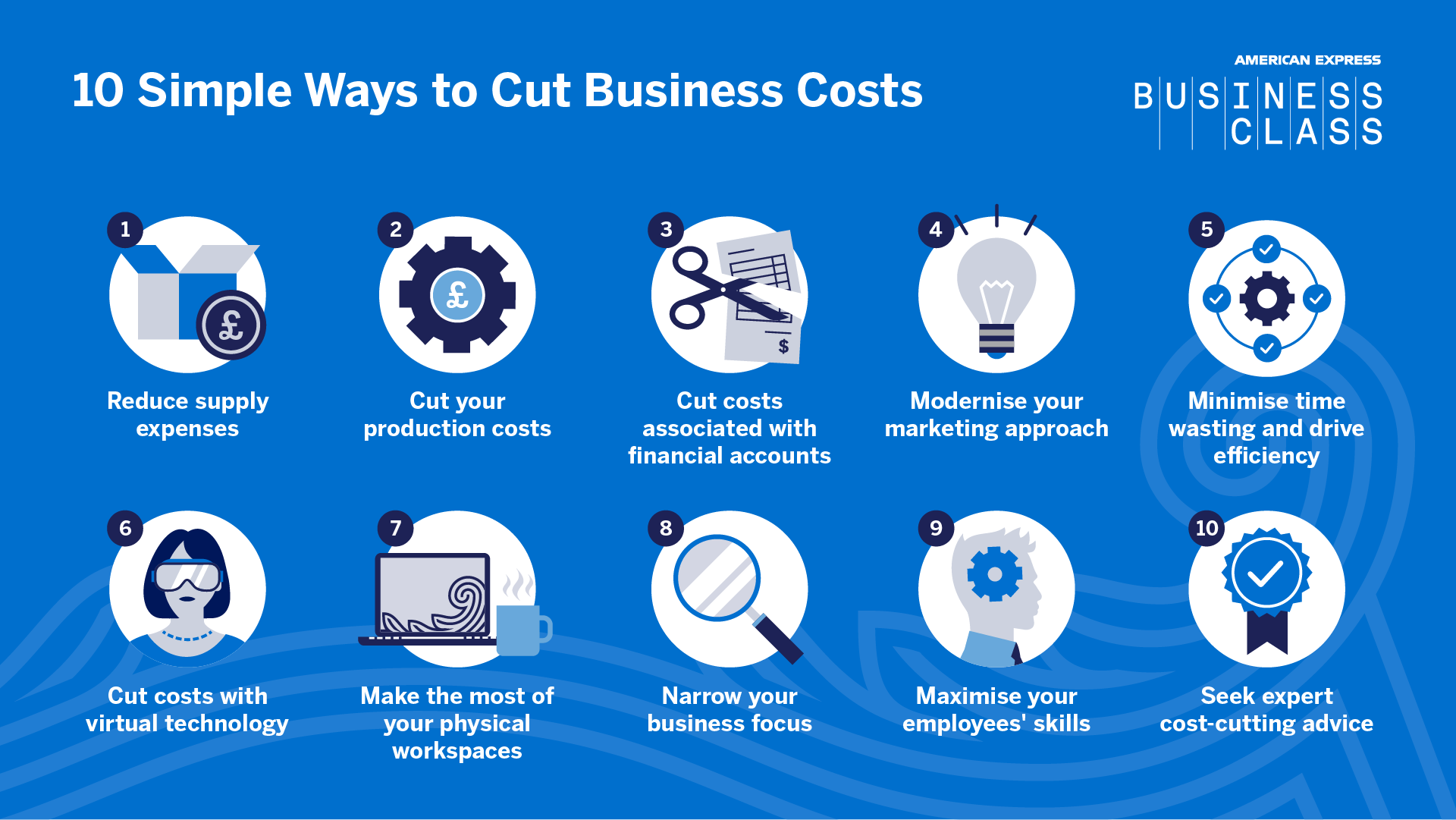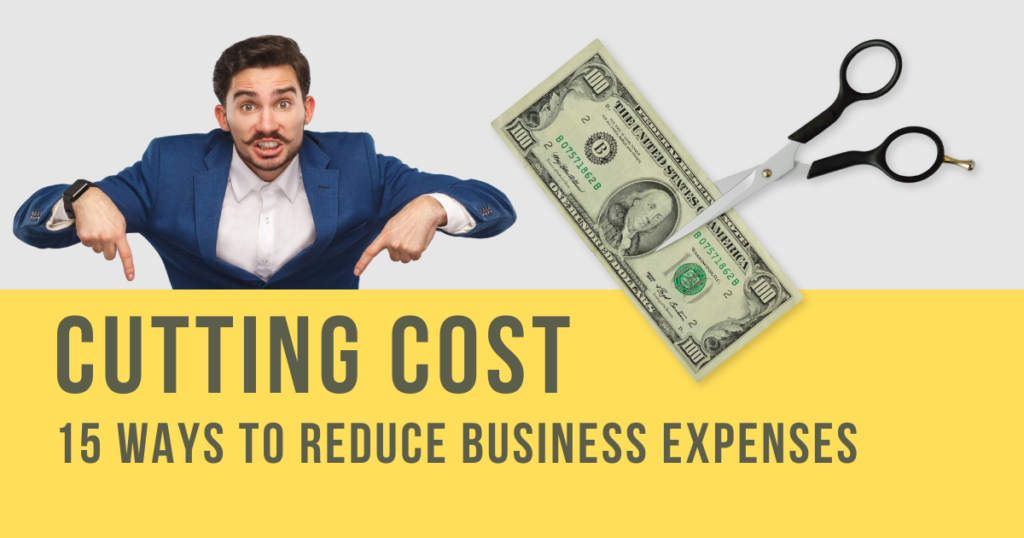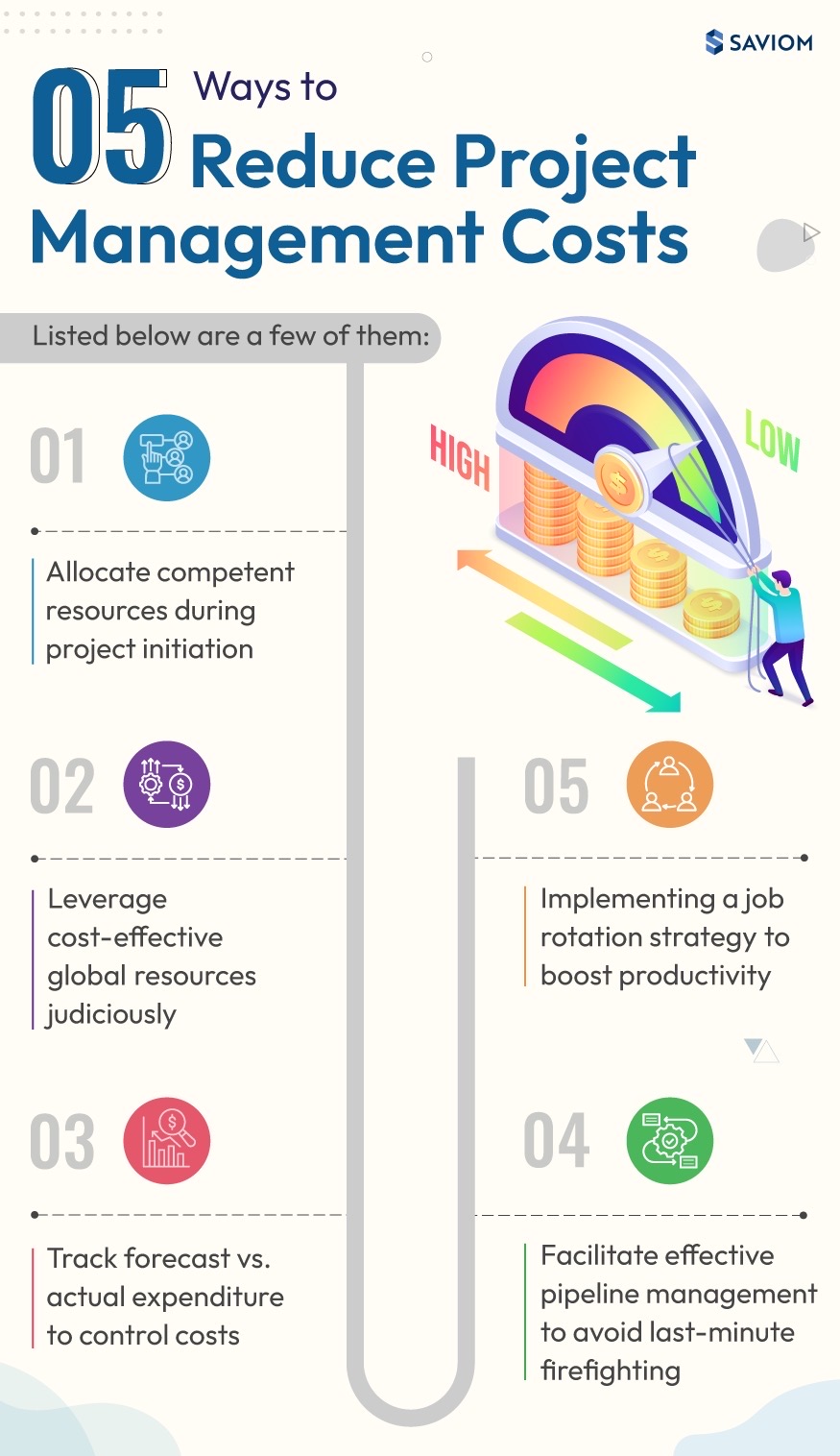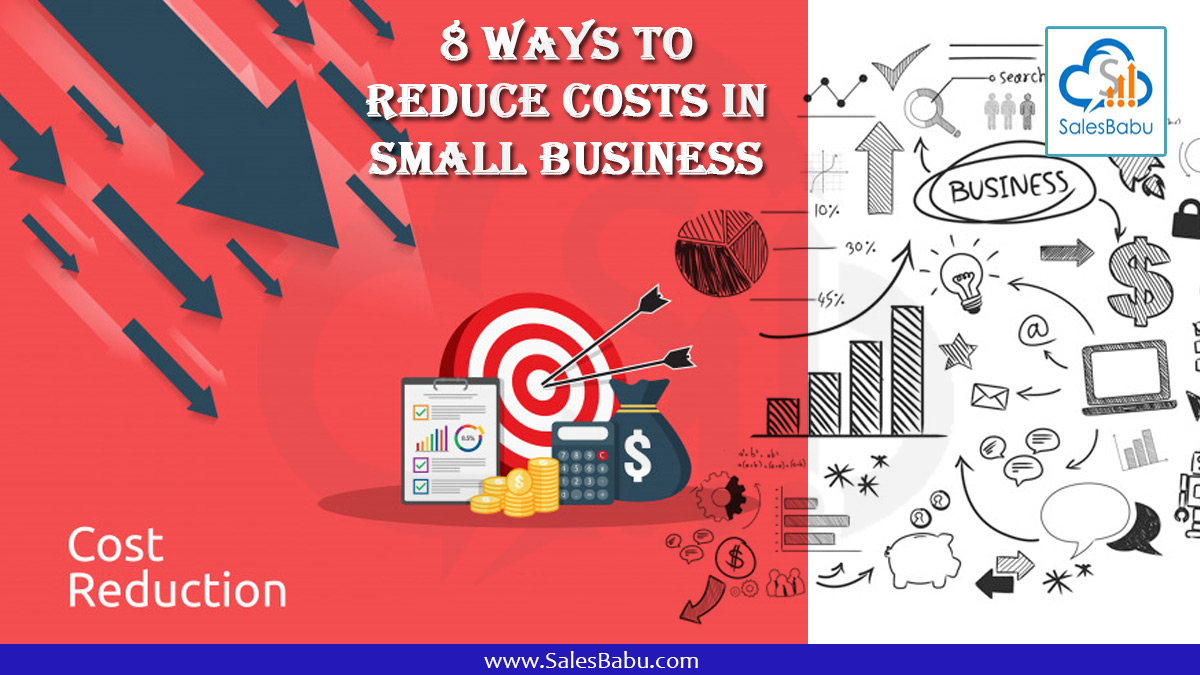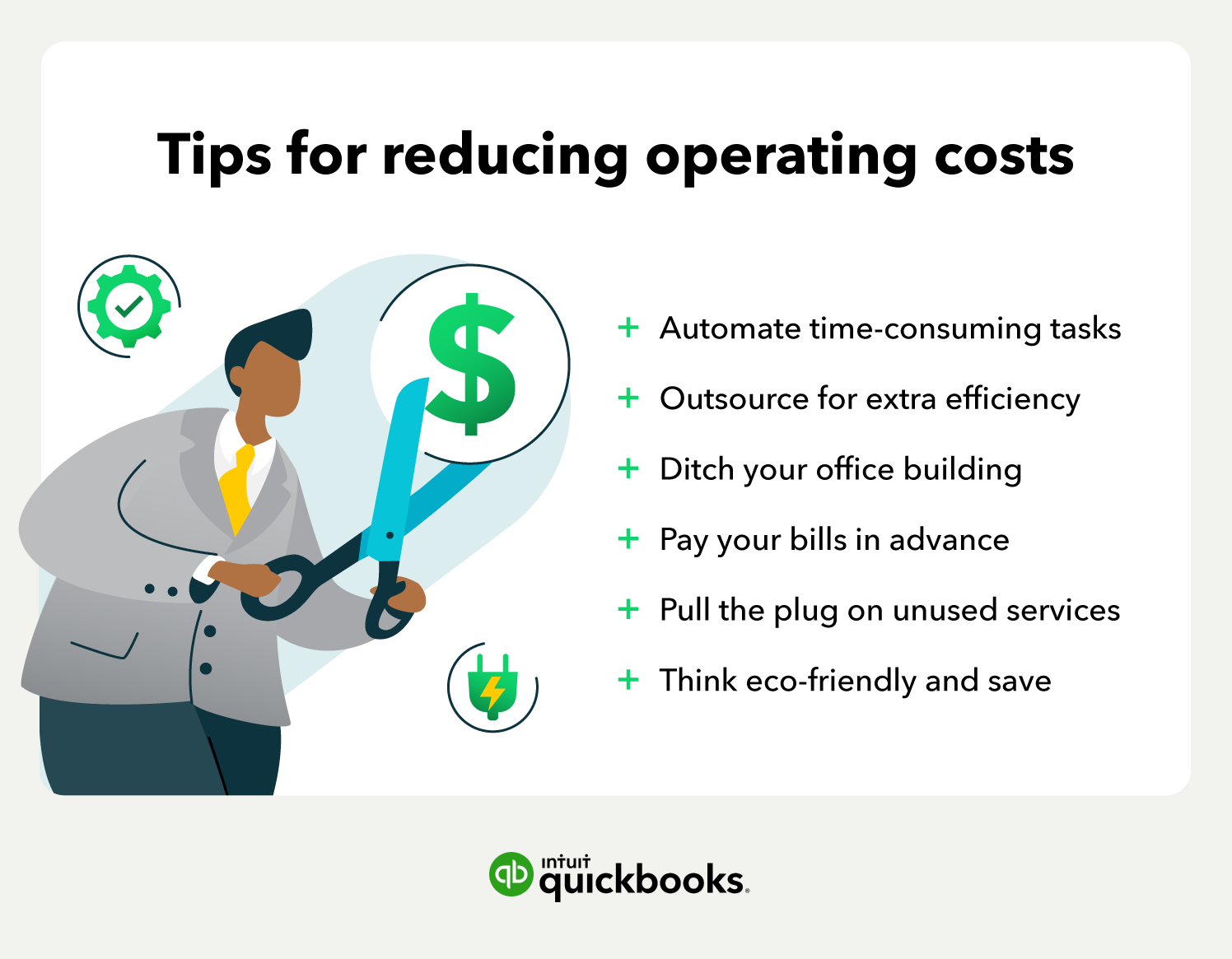Ways To Reduce Costs For An Organization
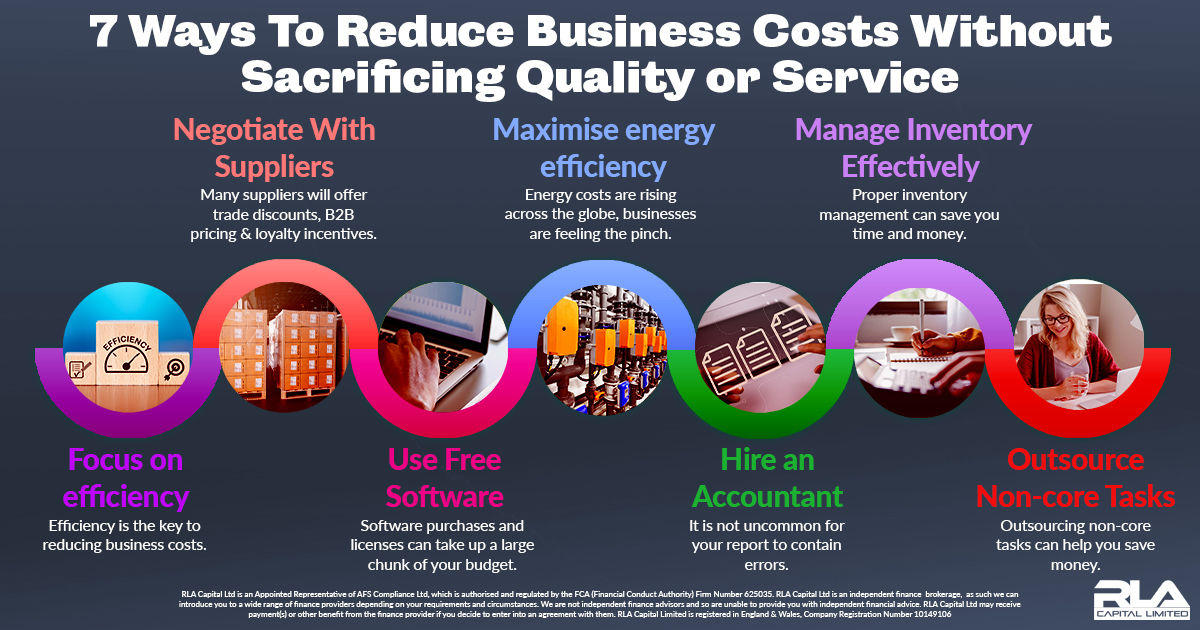
In an era defined by economic uncertainty and fluctuating markets, organizations across all sectors are feeling the squeeze. From multinational corporations to small non-profits, the imperative to streamline operations and cut costs has become paramount for survival and sustained growth. The pressure to optimize spending while maintaining service quality is a delicate balancing act that demands innovative strategies and a willingness to embrace change.
This article delves into several proven methods organizations can implement to reduce costs, drawing upon industry best practices and expert insights. It examines strategies ranging from operational efficiencies and technological adoption to strategic sourcing and talent management. The focus is on providing actionable advice that can be tailored to various organizational contexts, ensuring that cost reduction initiatives contribute to long-term stability and competitiveness.
Optimizing Operational Efficiency
One of the most direct ways to reduce costs is by improving operational efficiency. This involves analyzing existing processes, identifying bottlenecks, and implementing strategies to streamline workflows. Automation, a key driver of efficiency, can significantly reduce labor costs and minimize errors, particularly in repetitive tasks.
For example, according to a report by McKinsey, businesses that successfully implement automation can see a cost reduction of up to 40% in specific areas. Process optimization, which can include lean management principles, is another critical element.
"Lean management focuses on eliminating waste and maximizing value in every process, leading to significant cost savings and improved productivity."
Technology Adoption and Digital Transformation
Investing in the right technology can yield substantial returns in the long run. Cloud computing, for instance, can drastically reduce infrastructure costs by eliminating the need for expensive hardware and IT maintenance. Software-as-a-Service (SaaS) solutions offer scalable and cost-effective alternatives to traditional software licenses.
Moreover, data analytics plays a crucial role in identifying areas of inefficiency and optimizing resource allocation. By leveraging data-driven insights, organizations can make informed decisions that lead to significant cost reductions. Digital transformation isn't just about adopting new technologies; it's about fundamentally changing how an organization operates to achieve greater efficiency and profitability.
Strategic Sourcing and Procurement
The procurement process is a goldmine for potential cost savings. Strategic sourcing involves identifying the best suppliers and negotiating favorable terms. This can include leveraging economies of scale, consolidating purchasing volumes, and establishing long-term partnerships with key suppliers.
Negotiating better prices, of course, is a direct method of reducing expenses. However, it is important to consider the total cost of ownership, which includes factors such as quality, reliability, and delivery times. A cheap product that frequently breaks down or arrives late can ultimately be more expensive than a slightly pricier but more dependable alternative.
Implementing a robust vendor management system can also improve efficiency and transparency in the procurement process. This includes tracking supplier performance, managing contracts, and ensuring compliance with organizational policies.
Talent Management and Workforce Optimization
Labor costs often represent a significant portion of an organization's expenses. Effective talent management strategies can help reduce these costs while improving employee morale and productivity. This includes investing in training and development programs to upskill employees and improve their performance.
Remote work arrangements, when feasible, can also lead to cost savings. These savings come from reduced office space requirements and utilities. Furthermore, offering competitive benefits packages, such as healthcare and retirement plans, can attract and retain top talent, reducing turnover costs.
Implementing performance-based compensation structures can incentivize employees to achieve higher levels of productivity. This can be a win-win situation for both the organization and its employees, as it aligns individual goals with organizational objectives.
Energy Efficiency and Sustainability
Reducing energy consumption is not only good for the environment but also for the bottom line. Implementing energy-efficient technologies, such as LED lighting and smart thermostats, can significantly reduce utility bills. Conducting energy audits can help identify areas of waste and opportunities for improvement.
Many governments and utility companies offer incentives and rebates for businesses that invest in energy-efficient upgrades. These incentives can help offset the initial cost of these upgrades and accelerate the payback period. Sustainable practices can also enhance an organization's reputation and attract customers who are increasingly environmentally conscious.
Looking Ahead
The quest to reduce costs is an ongoing process. Organizations must continuously monitor their expenses, identify areas of waste, and adapt to changing market conditions. Embracing innovation and fostering a culture of continuous improvement are essential for long-term success. Furthermore, it's crucial to remember that cost reduction should not come at the expense of quality or customer satisfaction.
By implementing the strategies outlined in this article, organizations can effectively reduce costs while maintaining their competitiveness and ensuring their long-term viability. The key is to find the right balance between cost savings and investment in the future.
